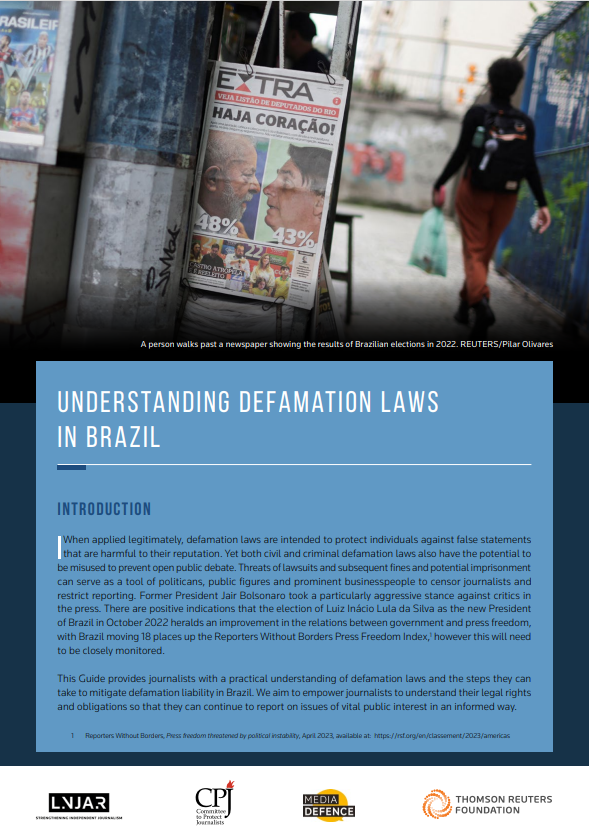
When applied legitimately, defamation laws are intended to protect individuals and businesses against false statements that are harmful to their reputation. Yet both civil and criminal defamation laws have the potential to be misused to prevent open public debate.
This Guide provides journalists with a practical understanding of defamation laws and the steps they can take to mitigate defamation liability in Brazil. This awareness will empower journalists to understand their legal rights and obligations and continue to report on issues of vital public interest. This was produced by the Steering Committee of the Legal Network for Journalists at Risk, namely the Committee to Protect Journalists, Media Freedom and Thomson Reuters Foundation.
Related resources
View all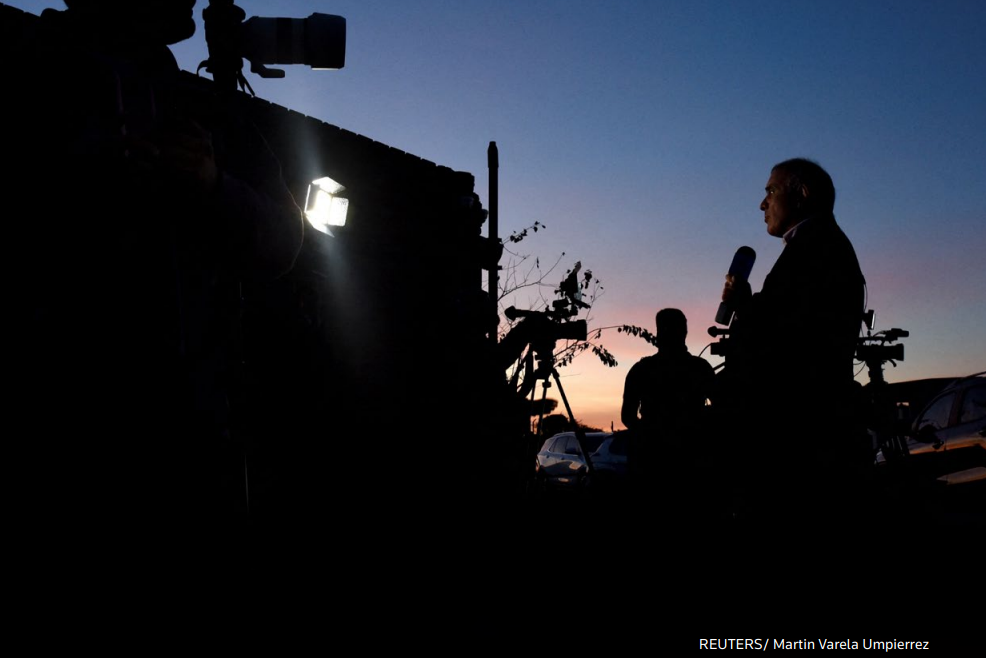
Before you publish: A journalist’s guide to safer reporting
This guide provides journalists with a…
Read More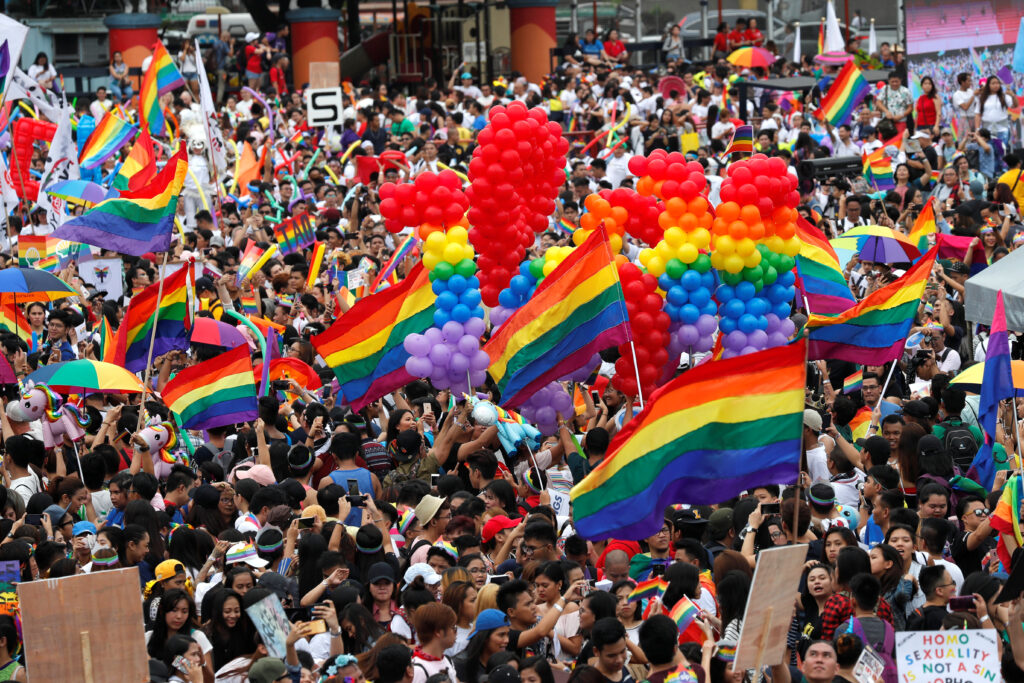
LGBTQIA+ Community Legal Guidebook in the Philippines
This Guidebook is designed to be a practical tool,…
Read More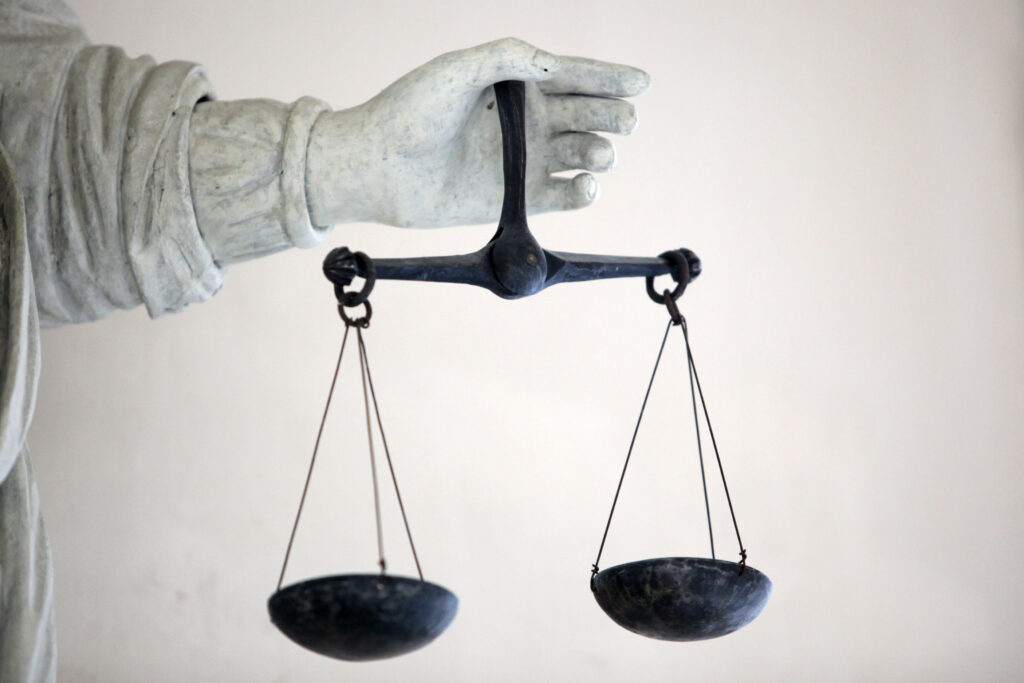
Pro Bono Advocacy Toolkit
Download our ready-made presentation deck for your business meetings, showcasing the key decisions your…
Read More
Kit de Herramientas Pro Bono
Nuestra presentación lista para usar en sus reuniones de negocios muestra las decisiones clave que…
Read More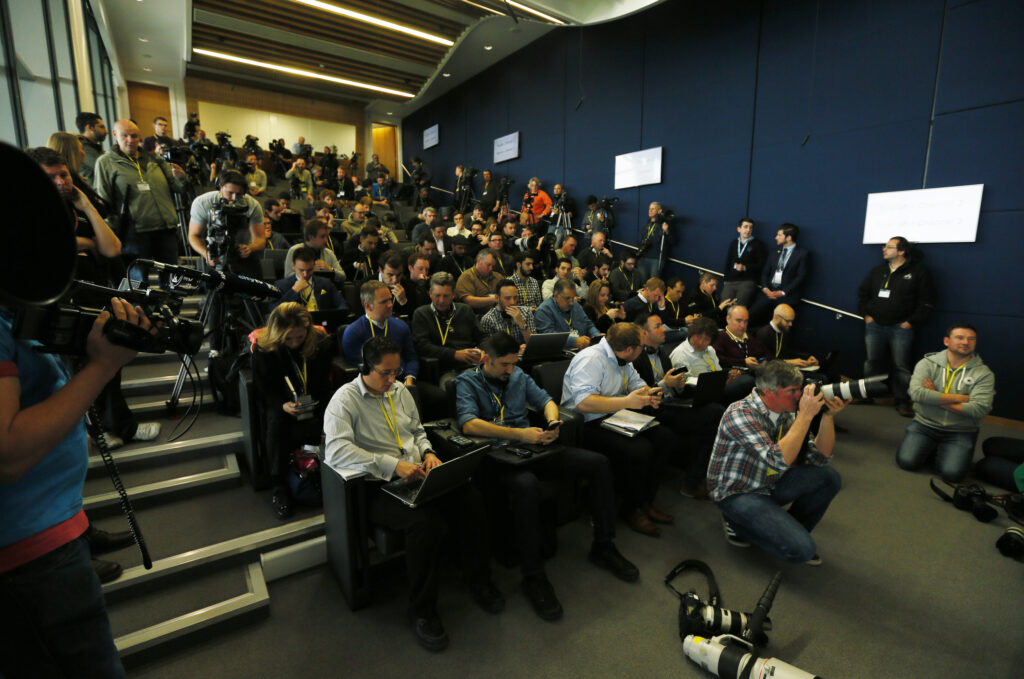
Employment rights guide for journalists in Moldova
Our comprehensive guide to employment rights for journalists…
Read More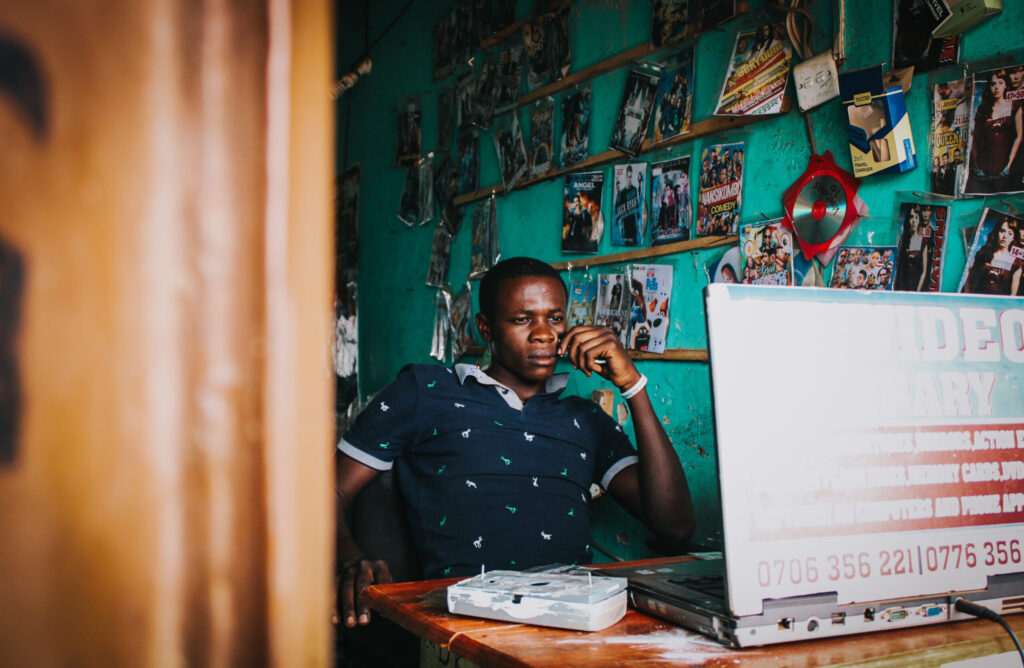
AI Governance for Africa toolkit
This three-part toolkit aims to empower journalists and CSOs to inform public discourse and…
Read More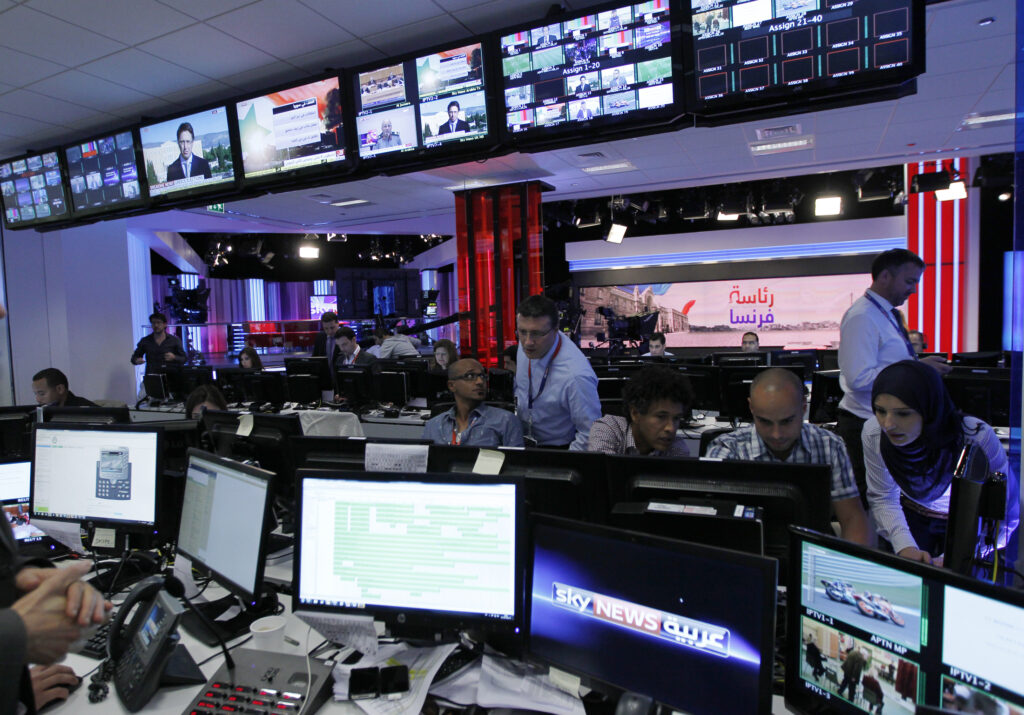
Three steps to an AI-ready newsroom: A practical guide
This practical starter guide is designed to help…
Read More
TrustLaw Index of Pro Bono 2024
The TrustLaw Index of Pro Bono identifies global trends in the pro bono marketplace, highlights…
Read More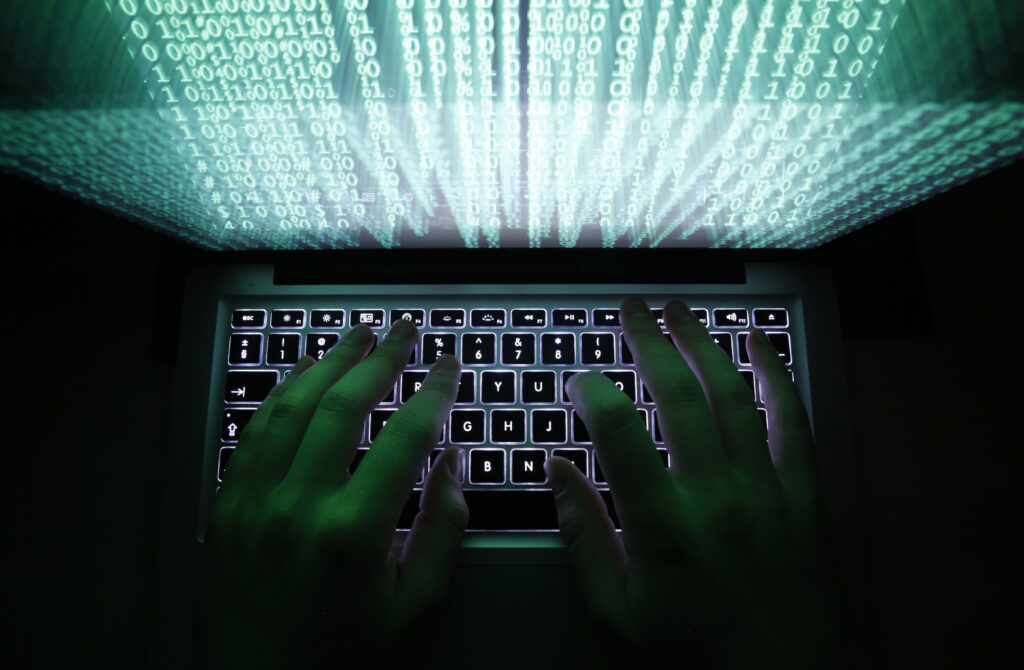
Towards Algorithmic Transparency in the Public Sector in Latin America
This report assesses the…
Read More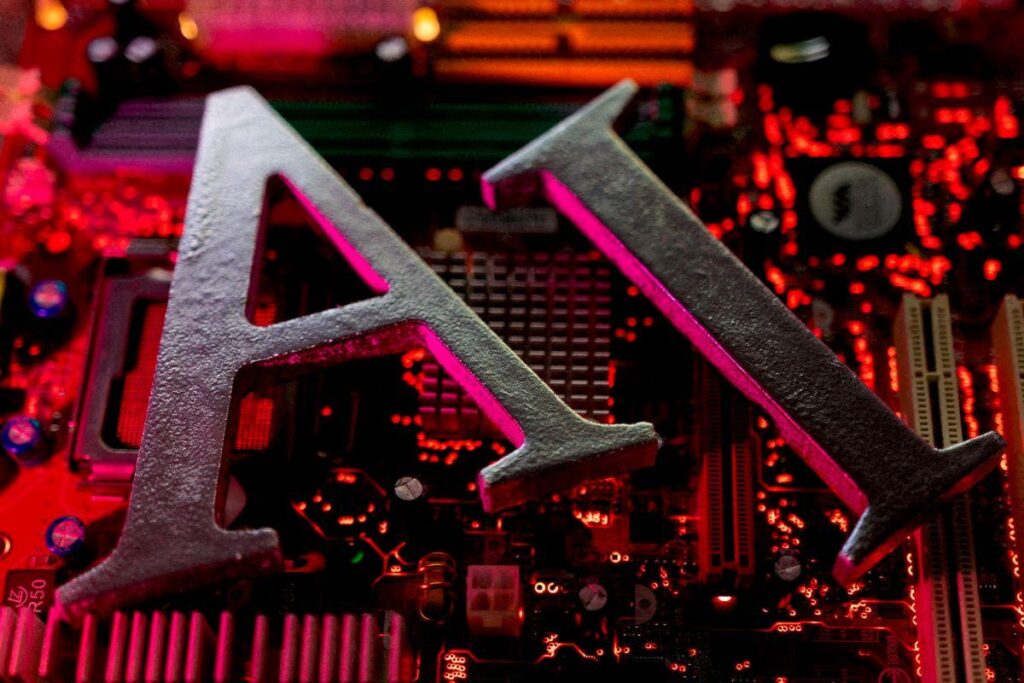
Journalism in the AI Era: A TRF Insights survey
Our new report shines a spotlight on journalism in the AI era and…
Read More

